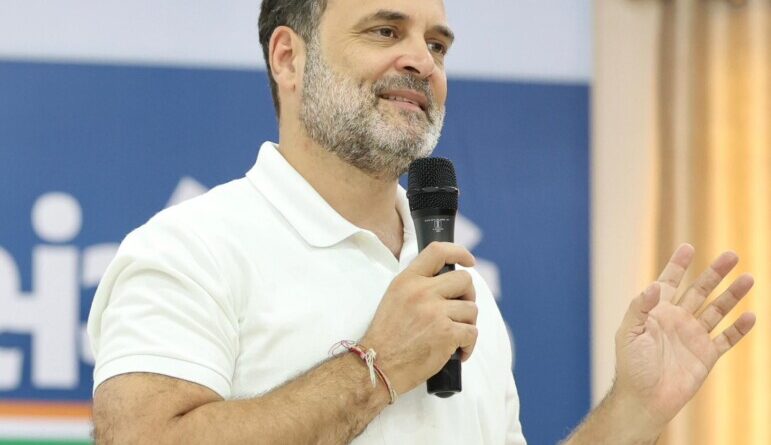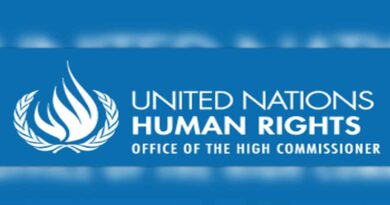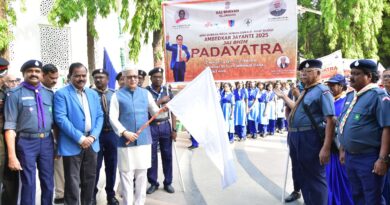Rahul Gandhi Rebuked by Supreme Court for ‘Occupied Territory’ Comment
(Judicial Quest News Network)
On Monday, the Supreme Court of India stayed proceedings in a criminal defamation case filed against Congress leader and Leader of Opposition Rahul Gandhi, following controversial remarks he made about the Indian Army in the context of the 2022 border clash with China.The defamation complaint was filed by Uday Shankar Srivastava, a former Director of the Border Roads Organisation (BRO), alleging that Gandhi’s statements during his Bharat Jodo Yatra on December 16, 2022, were defamatory to the Indian Army. The remarks referenced the December 9, 2022 clash between Indian and Chinese troops in Arunachal Pradesh, where Gandhi claimed that Chinese forces were “thrashing” Indian soldiers and that the Indian media was silent on the issue.
The complaint argued that such statements demoralized the armed forces and hurt the sentiments of their families. A special MP/MLA court in Lucknow had issued a summons to Gandhi in February 2025, which he challenged in the Allahabad High Court. However, the High Court dismissed his plea on May 29, stating that freedom of speech does not extend to defamatory statements against the military.
During Monday’s hearing, the bench comprising Justices Dipankar Datta and AG Masih granted Gandhi interim relief by staying the defamation proceedings for three weeks. However, the bench expressed strong disapproval of Gandhi’s remarks.
Justice Datta questioned the credibility of Gandhi’s claims, asking:
“How do you get to know that 2,000 square kilometres of Indian territory were occupied by the Chinese? Were you there? Do you have any credible material? If you were a true Indian, you wouldn’t say all this.”
He further criticized Gandhi’s choice of platform:
“You are the Leader of Opposition. Say things in Parliament, not on social media.”
Defense by Rahul Gandhi’s Counsel Senior Advocate Dr. Abhishek Manu Singhvi, representing Gandhi, argued that opposition leaders must be allowed to raise critical issues, especially those already reported in the press. He stated:
“If he can’t say these things which are published in the Press, he can’t be a Leader of Opposition.”
Singhvi also contended that Gandhi’s comments were aimed at demanding transparency and proper disclosure from the government. He acknowledged that the wording could have been more careful but insisted the complaint was politically motivated and intended to harass Gandhi for fulfilling his role as an opposition leader.
Singhvi invoked Section 223 of the Bharatiya Nagarik Suraksha Sanhita (BNSS), arguing that Gandhi was not given a mandatory hearing before cognizance of the complaint was taken. Justice Datta noted that this point had not been raised before the High Court, to which Singhvi conceded, explaining that the earlier challenge focused on the complainant’s locus standi.
The bench agreed to consider this procedural lapse and issued a notice on Gandhi’s Special Leave Petition challenging the High Court’s decision.
Senior Advocate Gaurav Bhatia appeared for the complainant on caveat. The Supreme Court will hear further arguments after the three-week interim stay expires.




